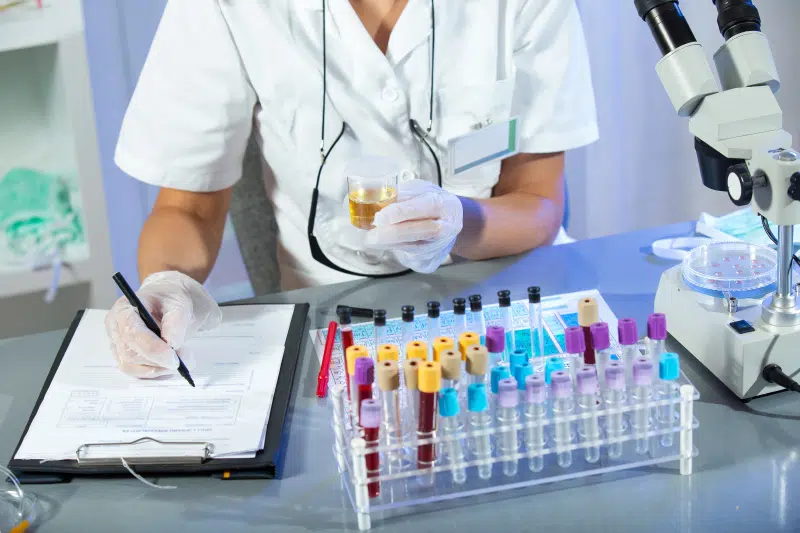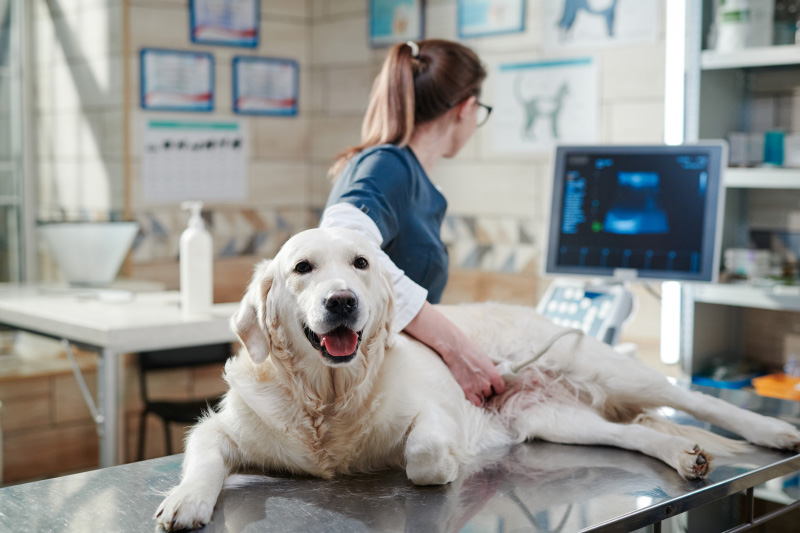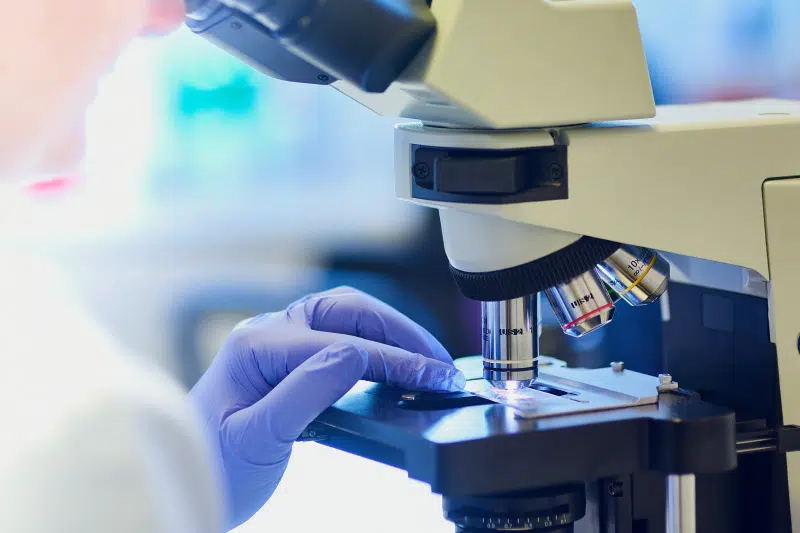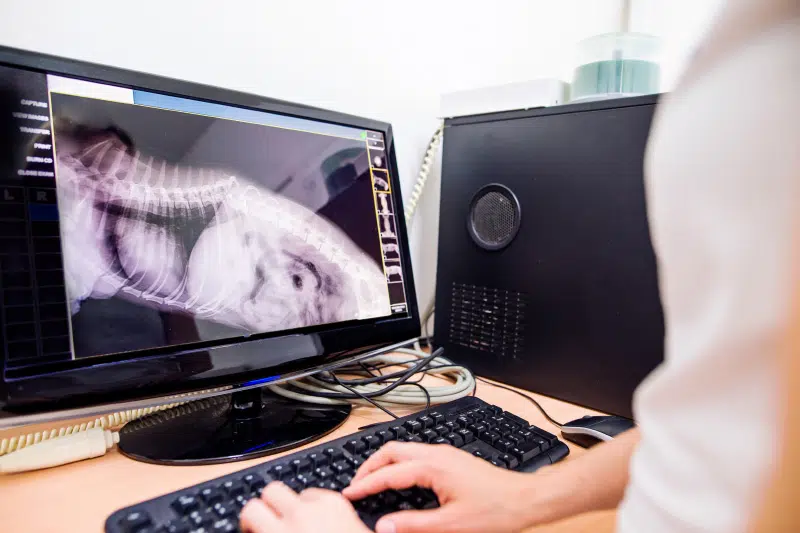Diagnostics
Outpatient diagnostic tests: what they are what they are used for
PRODUCTS
The term diagnosis comes from Greek and means “to recognize through”.
In medicine, diagnosis is defined as the “clinical process of determining a disease or condition in a patient”.
What does it mean to make a diagnosis?
When making a diagnosis, the physician’s goal is to identify:
-
the pathology causing the patient’s problem
-
the site of the body where the pathology manifests itself
-
the type of disease and associated clinical signs
-
its cause and any predisposing factors.
How does the diagnostic process work?
To make a definitive diagnosis, the physician must follow a specific diagnostic procedure: a method involving several steps:
-
identification of the patient’s problem (clinical symptoms and signs that are the reason for the medical consultation)
-
identification of the patient (species, race, sex, age, etc.)
-
collection of information about the patient: present and past medical history (recent and remote history)
-
clinical examination
-
diagnostic tests.

This process may lead to one or more suspected diagnoses. Very often, the diagnosis is not absolutely certain. In fact, in most cases the diagnosis is the result of a probabilistic process that leads to the exclusion of the less likely diagnostic hypotheses. In addition, the more accurate you want your diagnosis to be, the more diagnostic tests need to be performed.

What are diagnostic tests?
Diagnostic tests are all those tests that help the physician make a definitive diagnosis as accurately as possible. They often help the physician to confirm or reject the initial suspected diagnosis formulated on the basis of the patient’s history and clinical examination.
Diagnostic tests include:
-
laboratory investigations (blood tests, urine tests, cytology, histology, etc.)
-
imaging (radiography, ultrasound, CT scan, etc.)
-
functional instrumental diagnostics (electrocardiogram, electromyography, etc.)
-
autopsy (post-mortem).
What are outpatient diagnostic tests?
Outpatient diagnostic tests are all tests that physicians can perform immediately at their practice, if necessary. The test result can be obtained relatively quickly because the test is done and processed directly on site, without intermediate steps involving third parties or medical professionals. Not all physicians can perform the same outpatient tests, as this depends on the equipment of each practice or facility. In most cases, veterinary clinics and hospitals are more equipped than outpatient offices.
Outpatient diagnostic tests can include imaging, laboratory and instrumental diagnostics.
Several laboratory tests can be performed on an outpatient basis:
-
those involving the use of machines (blood cell counter, biochemical analyzer, glucometer, microscope, etc.), such as blood glucose, blood count, blood gas, biochemical profile, stool examination
-
rapid tests on blood, urine and body fluids in general, which in most cases provide results very quickly (about 15-20 minutes): for example, rapid immunochromatographic tests for infectious diseases such and FIV and FeLV in cats, filariasis in dogs, etc.
-
tests that take longer to be performed (days to weeks), such as a culture examination for dermatophytes with DTM media.
Typically, outpatient diagnostic tests are appreciated and requested by pet owners because they can get a result fairly quickly at relatively low costs.


In conclusion
The process that leads a physician to a definitive or highly probable diagnosis consists of several steps: collection of patient information, clinical examination and diagnostic tests.
The time required by physicians to reach a diagnosis depends on their medical skills and knowledge, but to a substantial extent it also depends on the possibility of having diagnostic tools available: the wider the range of diagnostic investigations that can be performed, the faster a diagnosis is likely to be formulated.
Outpatient diagnostic tests are a very important tool for physicians, as they can be performed and assessed directly by them at their veterinary facility, without the involvement of third parties. In addition, most pet owners show a high compliance, as they provide quick results at relatively low costs.
